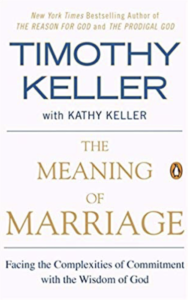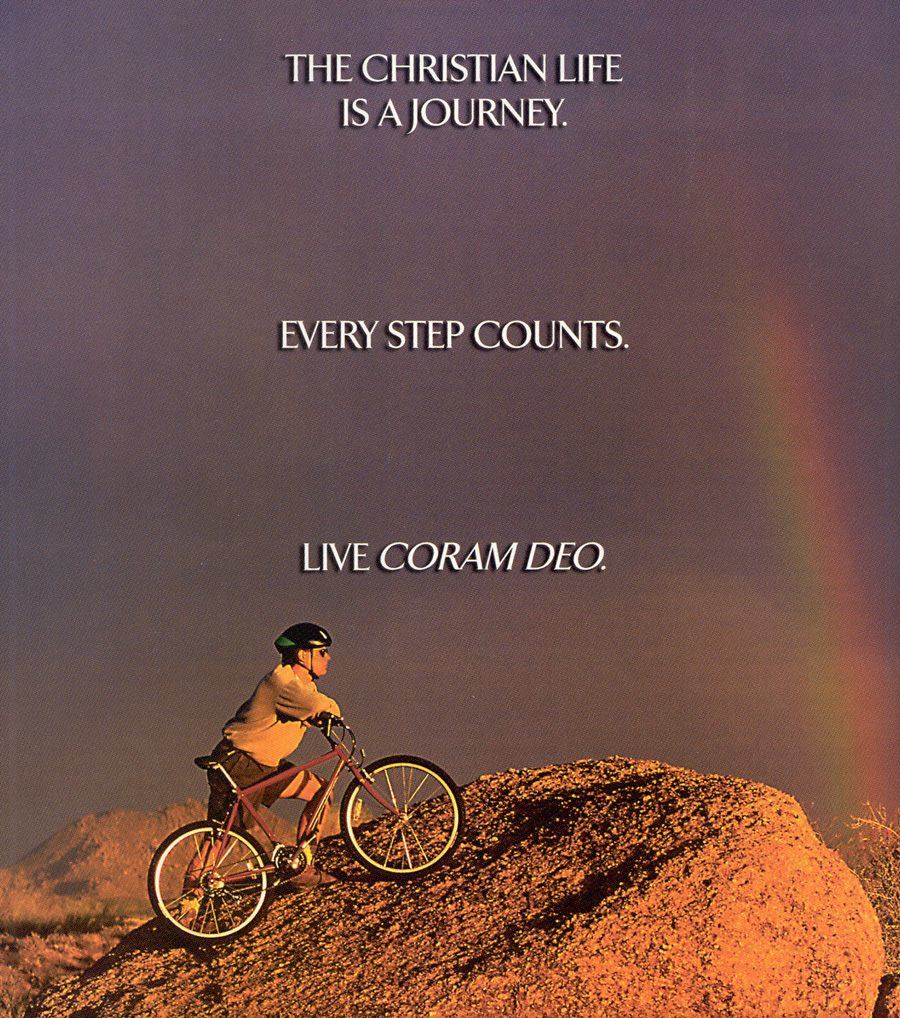 One of the most influential authors in my life has been C.S. Lewis. The first Lewis book that I read back in high school was The Screwtape Letters. The second (not long after) was Mere Christianity. Over the years I have returned often to this small, yet incredibly profound book.
One of the most influential authors in my life has been C.S. Lewis. The first Lewis book that I read back in high school was The Screwtape Letters. The second (not long after) was Mere Christianity. Over the years I have returned often to this small, yet incredibly profound book.
We live in a world where fewer and fewer people read books. We read articles, clips, “quotes” 😉 and other small snippets of thought here and there. But we rarely (if ever) immerse and submerse ourselves in a really good, thought-provoking book.
Here are a few articles that talk about the importance of reading books:
“Why (More Than Ever Before) You Need to Read Deeply” by Greg Bailey
“How to Read 100 Books in a Year” by Srinivas Rao
“Why Some People Become Lifelong Readers” by Joe Pinsker
My hope is that sharing these quotes will “whet your appetite” to read the whole book – with pen or highlighter in hand – marking up words and sentences and paragraphs that stimulate your mind and arrest your heart.
On a side note, the reading of Scripture should be first and foremost in all of our lives (as I wrote about here a few weeks ago).
In the meantime, reading these “top 10 quotes” from Mere Christianity will take you less than five minutes. Enjoy.
“Humility is not thinking less of yourself but thinking of yourself less.”
“No man knows how bad he is till he has tried very hard to be good.”
“God cannot give us a happiness and peace apart from Himself, because it is not there. There is no such thing.”
“Everyone says forgiveness is a lovely idea, until they have something to forgive.”
“A proud man is always looking down on things and people; and, of course, as long as you are looking down, you cannot see something that is above you.”
“If a man thinks he is not conceited, he is very conceited indeed.”
“Each day we are becoming a creature of splendid glory or one of unthinkable horror.”
“Do not waste time bothering whether you ‘love’ your neighbor; act as if you did. As soon as we do this, we find one of the great secrets. When you are behaving as if you loved someone, you will presently come to love him.”
And finally, two longer (but truly “classic” quotes):
“The Christian says, ‘Creatures are not born with desires unless satisfaction for those desires exists.’ A baby feels hunger: well, there is such a thing as food. A duckling wants to swim: well, there is such a thing as water. Men feel sexual desire: well, there is such a thing as sex.
If I find in myself a desire which no experience in this world can satisfy, the most probable explanation is that I was made for another world. If none of my earthly pleasures satisfy it, that does not prove that the universe is a fraud. Probably earthly pleasures were never meant to satisfy it, but only to arouse it, to suggest the real thing. If that is so, I must take care, on the one hand, never to despise, or to be unthankful for, these earthly blessings, and on the other, never to mistake them for the something else of which they are only a kind of copy, or echo, or mirage.
I must keep alive in myself the desire for my true country, which I shall not find till after death; I must never let it get snowed under or turned aside; I must make it the main object of life to press on to that country and to help others to do the same.”
“I am trying here to prevent anyone saying the really foolish thing that people often say about Him: I’m ready to accept Jesus as a great moral teacher, but I don’t accept his claim to be God. That is the one thing we must not say.
A man who was merely a man and said the sort of things Jesus said would not be a great moral teacher. He would either be a lunatic — on the level with the man who says he is a poached egg — or else he would be the Devil of Hell. You must make your choice. Either this man was, and is, the Son of God, or else a madman or something worse. You can shut him up for a fool, you can spit at him and kill him as a demon or you can fall at his feet and call him Lord and God, but let us not come with any patronizing nonsense about his being a great human teacher. He has not left that open to us. He did not intend to.”
And one more quote from Lewis’ book, The Weight of Glory:
“It would seem that our Lord finds our desires not too strong, but too weak. We are half-hearted creatures, fooling about with drink and sex and ambition when infinite joy is offered us, like an ignorant child who wants to go on making mud pies in a slum because he cannot imagine what is meant by the offer of a holiday at the sea. We are far too easily pleased.”
*underlined portions mine









